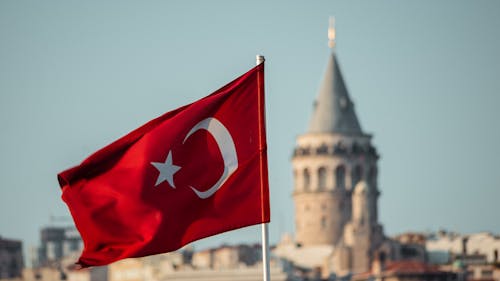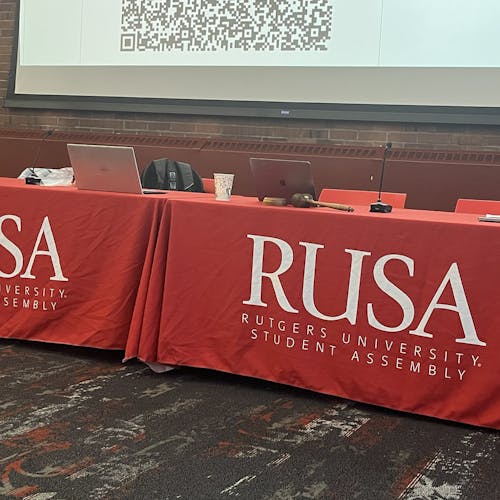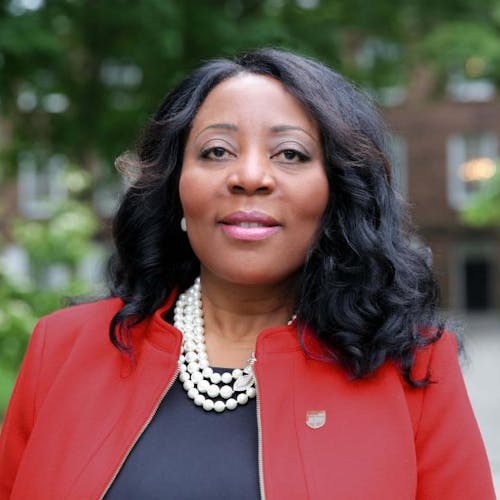Rutgers Global event discusses 'democratic backsliding' in Turkey

On Wednesday, Rutgers Global held an event featuring a conversation with Selin Bengi Gümrükçü, a visiting scholar in the Department of Political Science, to discuss the concept and implications of democratic backsliding in Turkey.
The concept of democratic backsliding has been explored in depth following the collapse of the Soviet Union, she said.
Former Soviet states transitioned from authoritarian rule to democracy throughout the 1990s, and when questions began to arise on whether these new democracies would be able to last, the concept emerged, she said.
"So scholars kind of trying to understand these processes came up with this concept of democratic backsliding, which can be very simply defined as the incremental erosion of institutions of rules and norms that results from the actions of duly elected governments," Gümrükçü said.
She said that to maintain democracy, scholars recognize the importance of a free and independent press, impartial judiciary and peaceful transfer of power. When any of these factors become corrupted, the door is open for democracies to fall, she said.
Gümrükçü noted a recent report from the Varieties of Democracy Project that shows that the level of democracy the average global citizen experienced in the past few years is comparable to that of 1989.
"The last 30 years, according to (Varieties of Democracy Project), democratic advances are not eradicated," she said. "And dictatorships are on the rise and harbor about 70 percent of the world's population. So about 5.5 billion people are living under authoritarian regimes."
The case of Turkey provides an interesting picture of democratic backsliding, Gümrükçü said. In 2002, the Justice and Development Party (AKP) came to power in Turkey and the country experienced hope for democracy, she said. But recent years have seen a reversal of this trend with rising authoritarianism, Gümrükçü said.
Gümrükçü said that the process of democratic backsliding in Turkey was gradual and sparked by the activities of elected rulers. When the AKP government was elected for the second time, the regression of democracy picked up during the 2007 and 2008 period, approximately, she said.
The AKP was able to utilize a few different strategies to come to power and gradually take democracy away unfairly, she said. One issue was a flaw in the political system where the disproportional electoral system allows parties, such as the ruling party, to gain a disproportionate number of seats with a relatively low percentage of votes, said Gümrükçü.
There were also times when political leaders referred to democracy as a tool in order to achieve their own goals, Gümrükçü said. These goals included strong leadership, centralization of power, and a populist attitude.
Gümrükçü said that populist leaders utilized the Gezi Park protests in 2013 to portray themselves as fighting for the people of Turkey and the protestors as a group of conspiring elites. Through this rhetoric from the populist leaders, protestors were made out to be villains, she said.
She said that the Turkish government continued its fight against the protestors through its own rallies under the organization "Respect to the National Will," which created an even greater sense of crisis.
"Turkey is kind of showing us that this process of democracy backsliding is happening gradually, Gümrükçü said. "And one needs to really pay attention to see what's happening in order to understand the process, and maybe, you know, like, able to counter it if they can. So I think we need to be careful about what's going on in our respective countries with regards to democracy checks and balances, institutions and elections and do our best to kind of reverse it."



